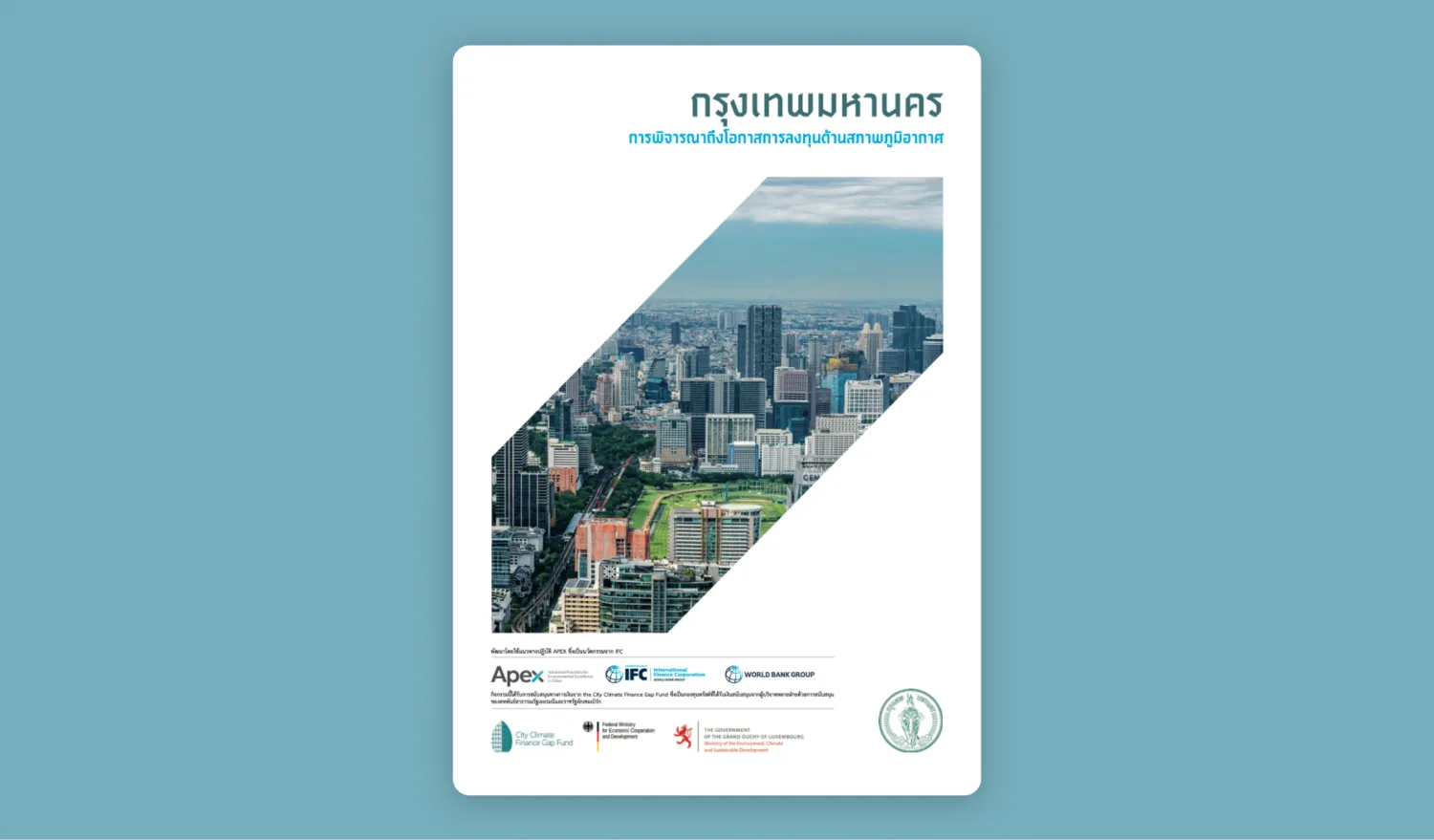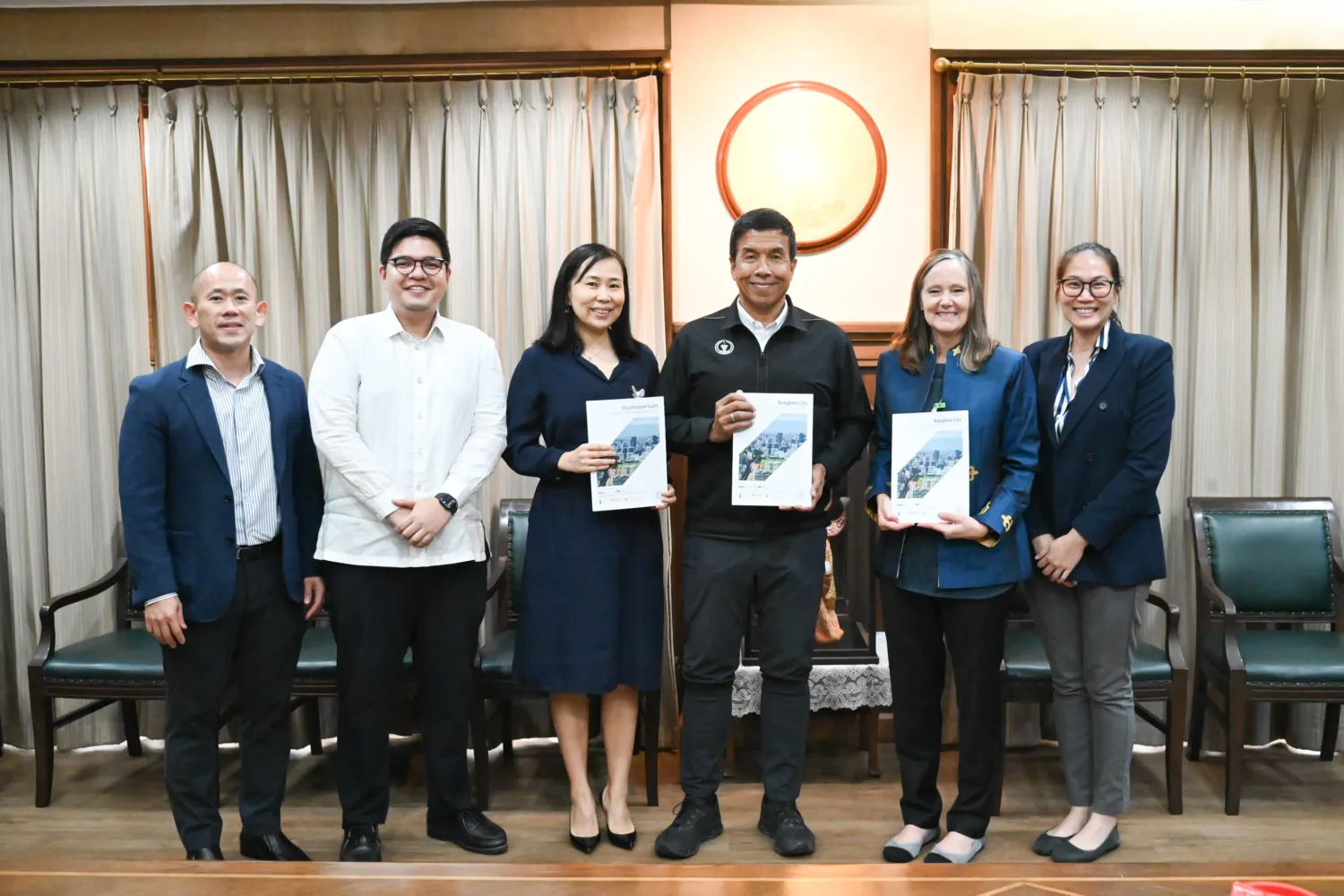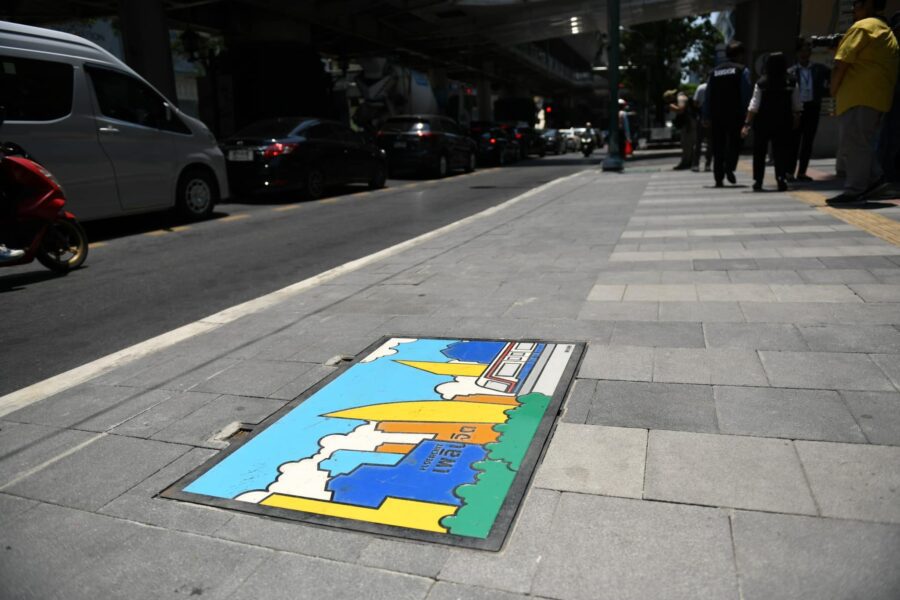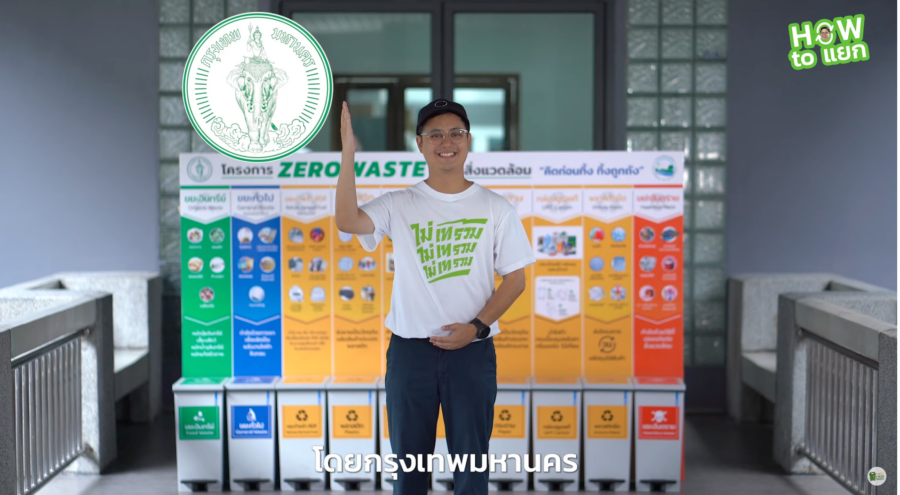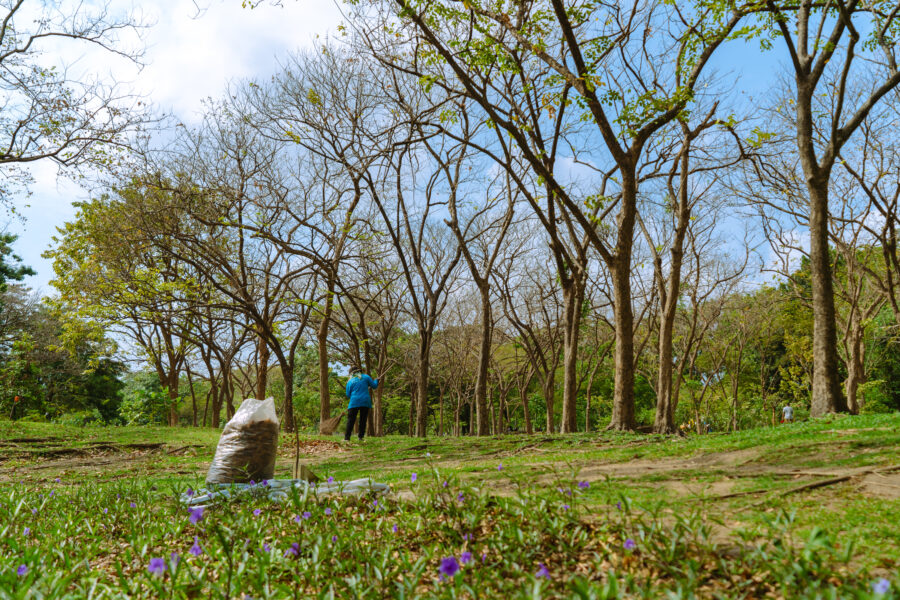Bangkok is aiming to become a green city and achieve net-zero greenhouse gas emissions by 2050, using a green investment approach that emphasizes private sector participation. The development focuses on energy efficiency, sustainable transport, prudent waste and wastewater management, and increasing green spaces in the city. The project is supported by the World Bank Group and IFC through the APEX tool, which helps prioritize investments and financing solutions to enable Bangkok to achieve its initial 21% greenhouse gas emissions reduction target.
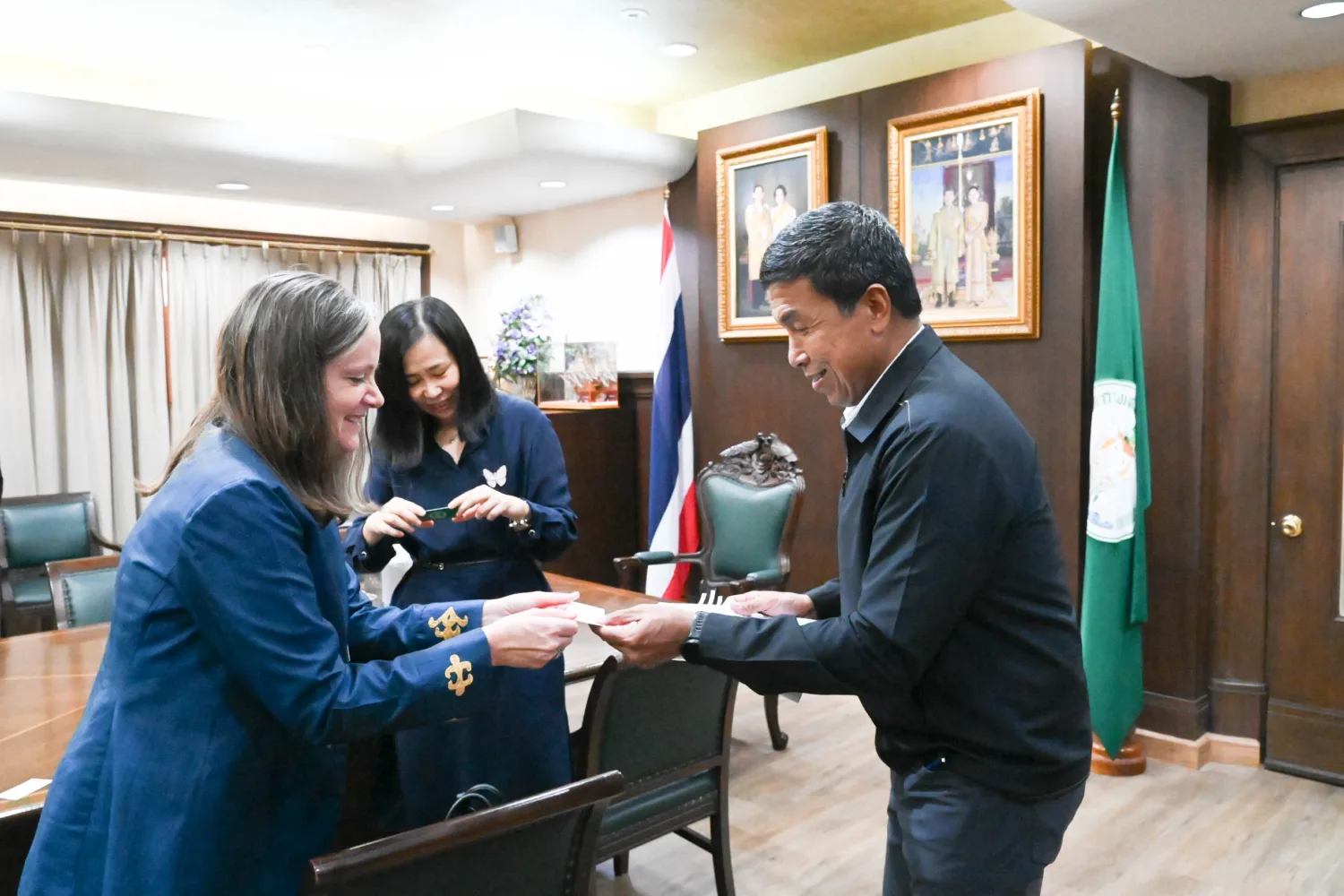
APEX: A Financial Planning Tool for Sustainable Environment
IFC's APEX (Advanced Practices for Environmental Excellence in Cities) tool helps Bangkok analyze investment opportunities and prioritize projects that will reduce GHG emissions, particularly in four key sectors: energy, transport, waste and water. These investment approaches are expected to help Bangkok reduce GHG emissions by up to 21% in the initial phase, providing a solid foundation for sustainable urban development in the future.
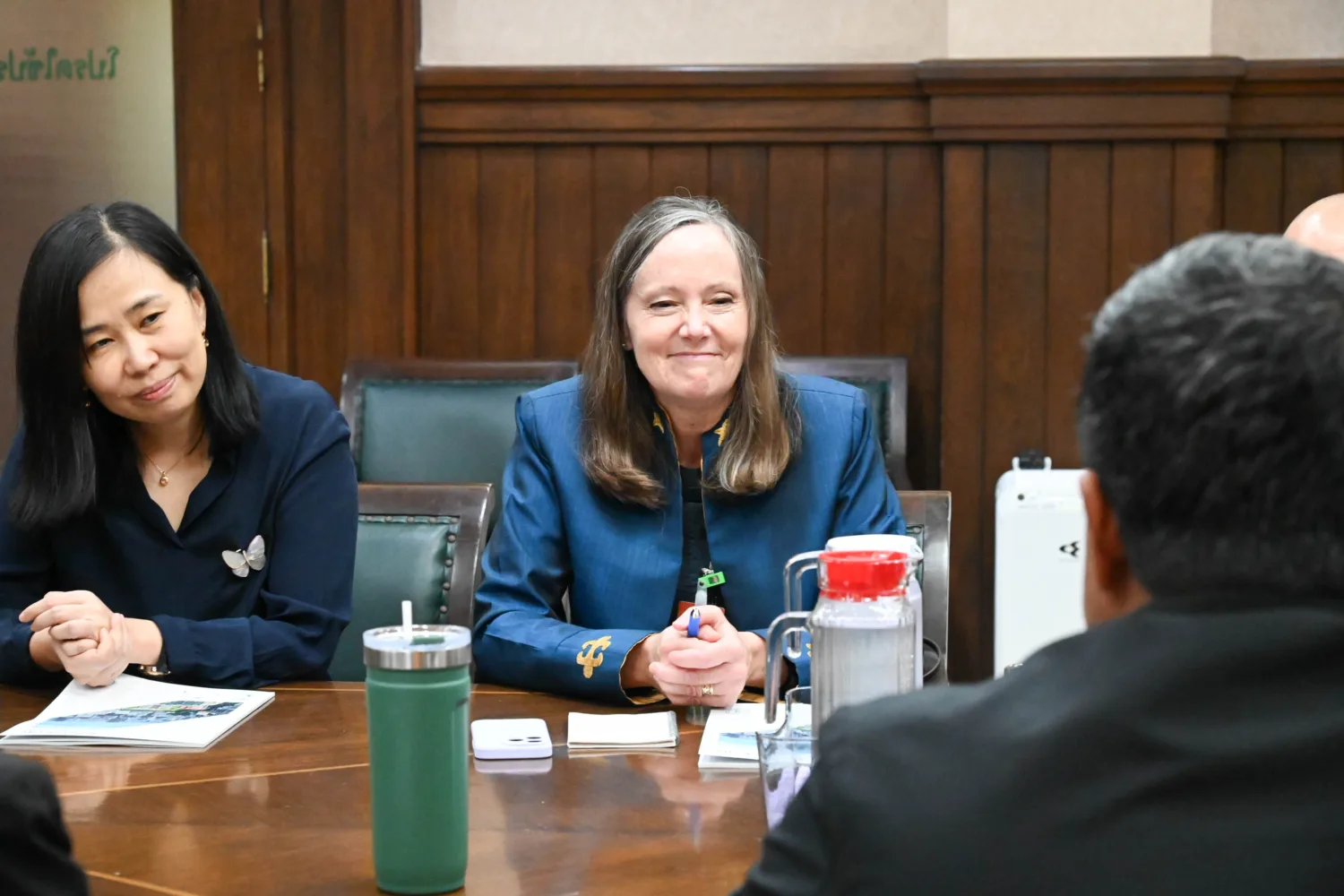
Private sector participation in the development of green technologies
The private sector has played a key role in introducing green technologies in Bangkok, such as installing solar panels on buildings, increasing the number of electric vehicles, and implementing modern wastewater treatment systems. These innovations not only reduce emissions but also promote energy conservation and efficient use of resources. Bangkok has a plan to work with the private and public sectors to push these projects forward and raise awareness of the benefits of investing in green technologies.

Waste and wastewater management for better quality of life
Bangkok also places importance on systematic waste and organic waste management by promoting recycling and composting from organic waste, which will help reduce the amount of waste that needs to be buried. In addition, wastewater treatment projects and stormwater management systems are being developed to reduce flooding problems, which will help maintain water quality and reduce pollution in urban areas. With support from the World Bank Group, Bangkok hopes to provide more comprehensive and higher quality public utilities.
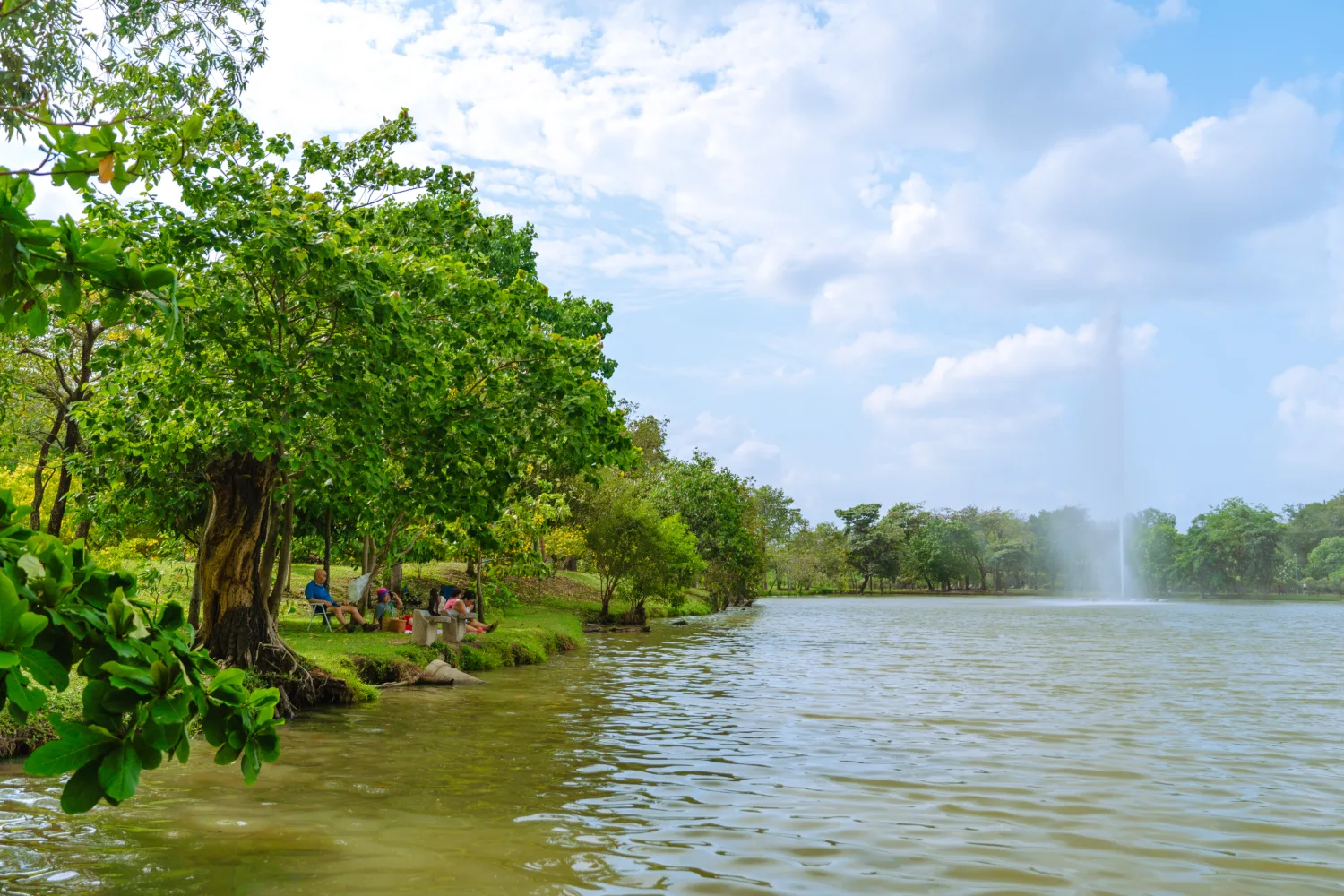
Motivating people to participate in green technologies
To make a sustainable change, Bangkok focuses on motivating citizens to use green technologies, such as promoting the use of electric vehicles, the use of renewable energy and proper recycling. Educating and creating understanding about the benefits of environmental conservation will help citizens play a key role in making Bangkok a city with a good quality of life.
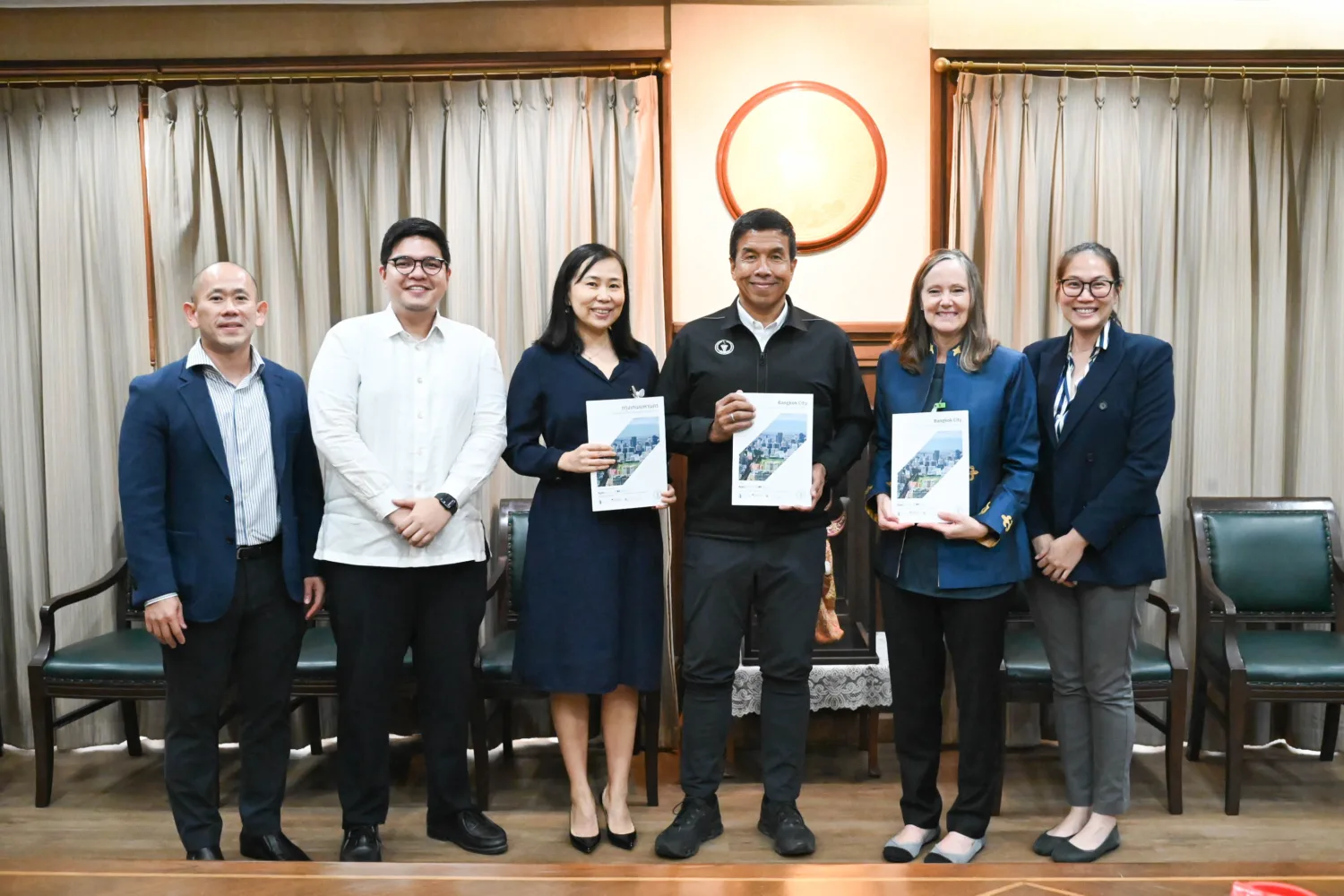
Collaboration to make Bangkok a livable and sustainable city
These developments would not have been possible without the support of all stakeholders, including the government, private sector, and the general public. Bangkok aims to become a sustainable and livable green city, and it works with organizations to provide funding, support projects, and build partnerships for sustainable urban development. These investment policies and development approaches will not only help Bangkok respond to climate change, but also improve people’s quality of life and preserve the environment in the long run.
